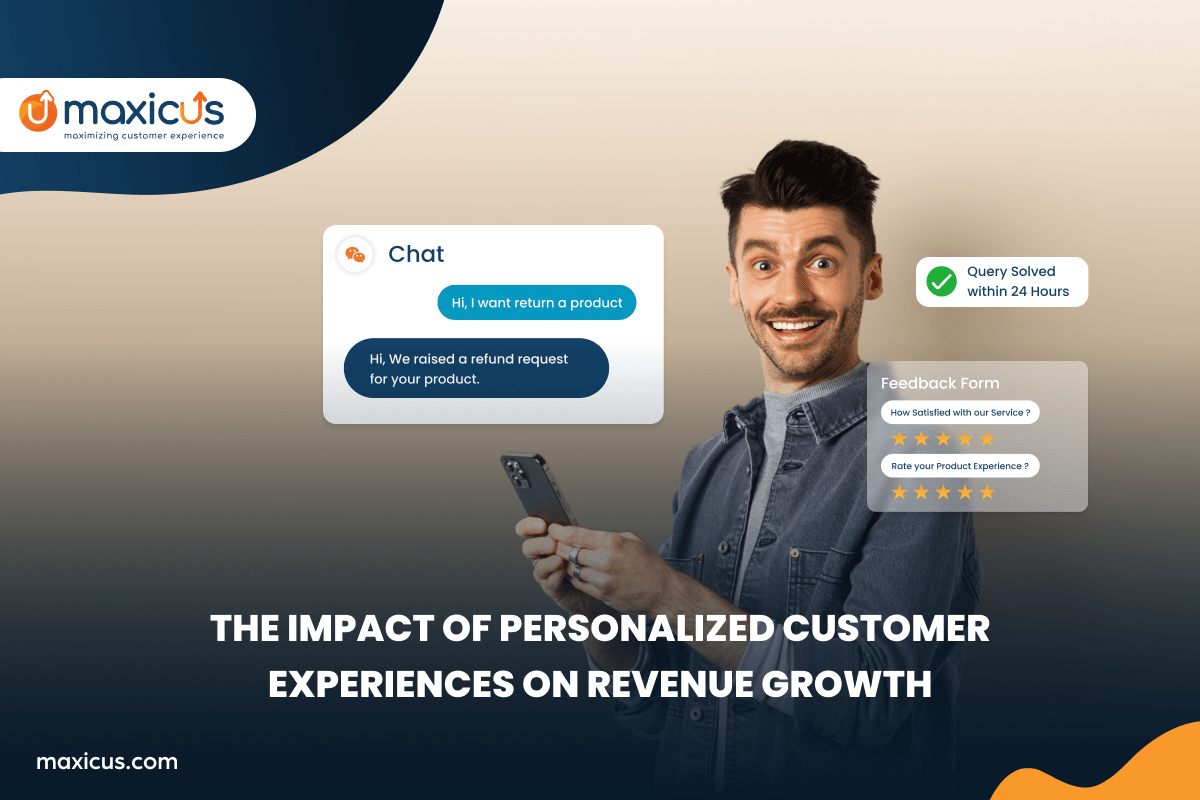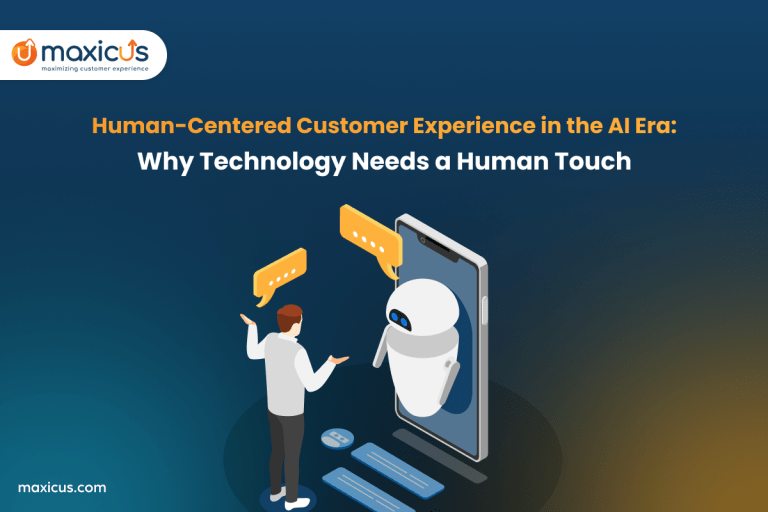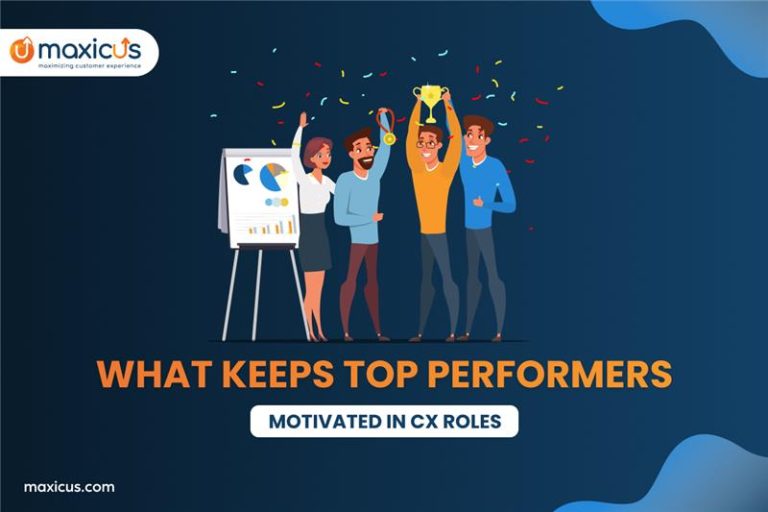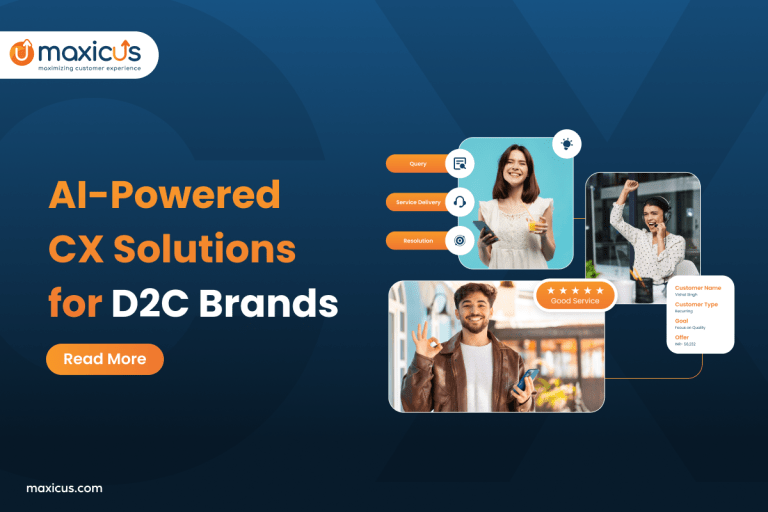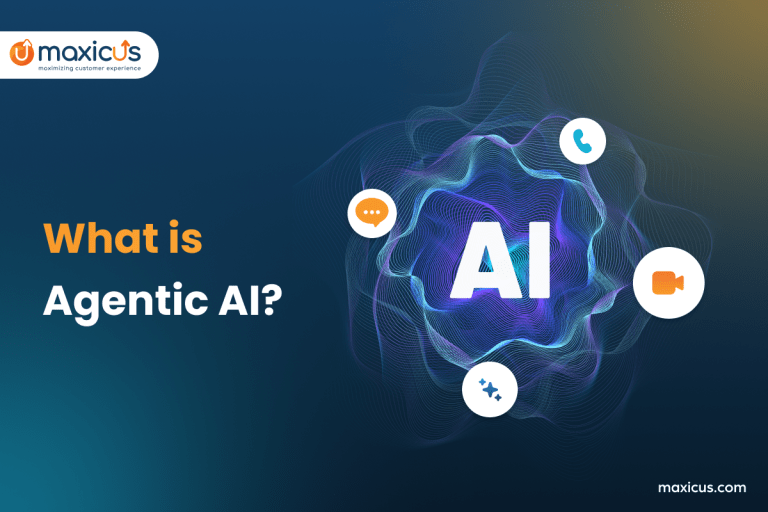The Impact of Personalized Customer Experiences on Revenue Growth
Delivering exceptional customer experiences has evolved from a “nice-to-have” to a core business imperative. In today’s hyper-competitive environment, personalization is the decisive factor separating category leaders from laggards. Businesses that leverage data, technology, and human touch to create tailored, relevant interactions capture more value at every stage of the customer journey.
Table of Contents
- What is Personalized Customer Experience?
- Why Personalization Drives Revenue Growth
– Increased Customer Spending
– Fueling Customer Loyalty and Retention
– Higher Conversion Rates and Engagement
– Enhanced Brand Reputation and Trust - The Pillars of Effective Personalization
- Real-World Examples of Personalization Success
- The Business Case: ROI and Key Metrics
- Challenges in Implementing Personalization
- Conclusion & How Maxicus Can Help
What is Personalized Customer Experience?
Personalized Customer Experience (CX) refers to using data, technology, and insights to tailor engagement, recommendations, offers, and services for individual customers.
It goes beyond addressing someone by name — it’s about understanding their preferences, behaviors, and expectations to deliver experiences that feel uniquely “for them.”
Examples of personalization in CX:
- Customized product or service recommendations
- Context-aware communication across channels
- Tailored problem resolution and proactive support
- Bespoke loyalty and retention programs
Why Personalization Drives Revenue Growth
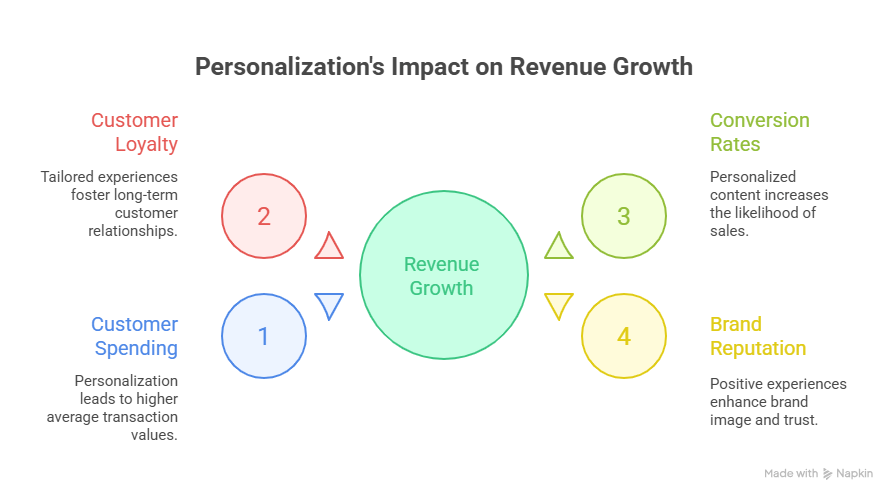
1. Increased Customer Spending
- According to a Twilio/Segment study, 80% of businesses report increased spending (avg. 38% more) with personalization.
- McKinsey reports 10–15% revenue lift, and up to 25% in mature programs.
2. Fueling Customer Loyalty and Retention
- Companies leading in CX are 26x more likely to report YoY growth above 20% (Medallia).
- 61% of consumers spend more with companies customizing services.
- Retention increase of just 5% can boost profits by up to 95% (Forrester).
3. Higher Conversion Rates and Engagement
- Personalized emails = 139% higher click rate
- Segmented outreach = 65% better open rates
- 49% of buyers make impulse purchases when given personalized recommendations
4. Enhanced Brand Reputation and Trust
Personalization builds trust and reduces churn. Every tailored interaction shows customers you value them — turning loyalty into a competitive advantage.
The Pillars of Effective Personalization
- Data-Driven Insights – AI segmentation, predictive modeling, micro-targeting
- Omnichannel Consistency – Web, mobile, phone, social, in-store experiences
- Real-Time Responsiveness – Dynamic content, proactive support, relevant offers
- Employee Empowerment – CRM pop-ups, AI agents, tailored customer insights
Real-World Examples of Personalization Success
- Walgreens – In-store kiosks for personalized prescription pickups
- Stitch Fix – AI + human stylists delivering curated fashion
- Spotify – Custom playlists boosting engagement & retention
The Business Case: ROI and Key Metrics
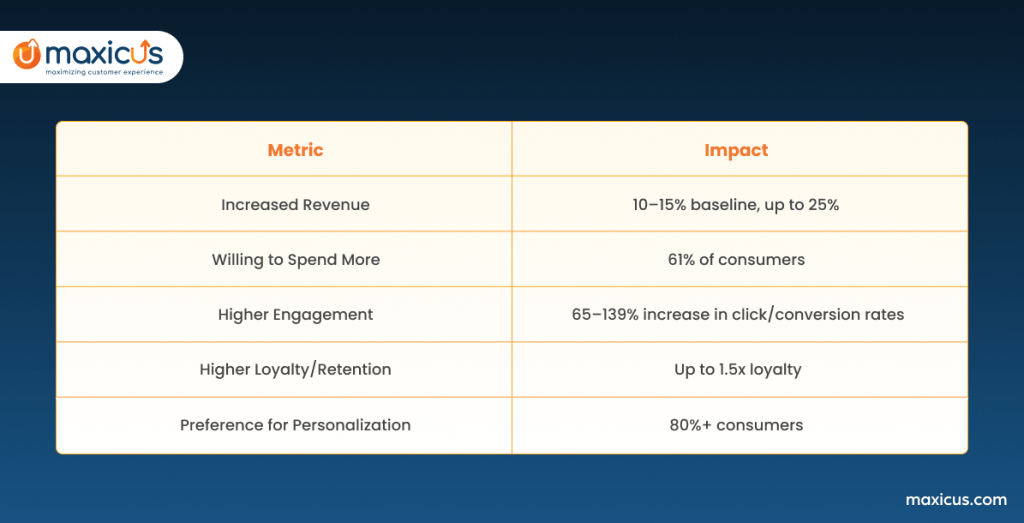
Challenges in Implementing Personalization
- Data Privacy Concerns – Requires transparency & secure systems
- Consistency Across Channels – Needs integrated platforms & no data silos
- Scaling Personalization – Requires automation, AI, and cultural change
Pro Tip: Invest in a Customer Data Platform (CDP), AI-powered analytics, and staff training to scale effectively.
Conclusion & How Maxicus Can Help
Personalized customer experiences are proven revenue drivers — boosting conversion rates, lifetime value, and brand loyalty.
At Maxicus, we help businesses design and implement scalable personalization strategies powered by AI, automation, and human expertise — ensuring higher revenue growth and customer satisfaction.
Maxicus enables brands to leverage AI-driven customer experience strategies — from hyper-personalization to predictive personalization — ensuring loyal customers, higher engagement, and measurable revenue growth.
FAQ
Q: What is hyper-personalization?
A: Hyper-personalization uses AI and behavioral analytics to create highly specific customer experiences in real time, based on individual patterns and preferences.
Q: What are examples of personalization in customer experience?
A: Examples include personalized product recommendations, proactive service offers, tailored loyalty programs, and custom playlists or content feeds.

